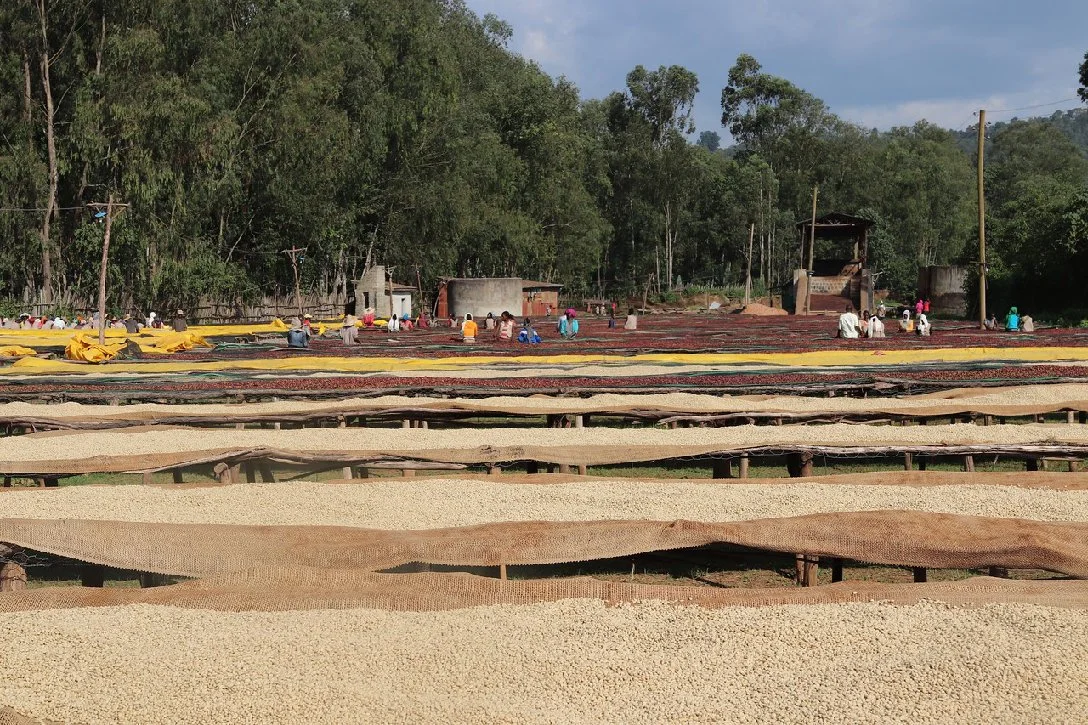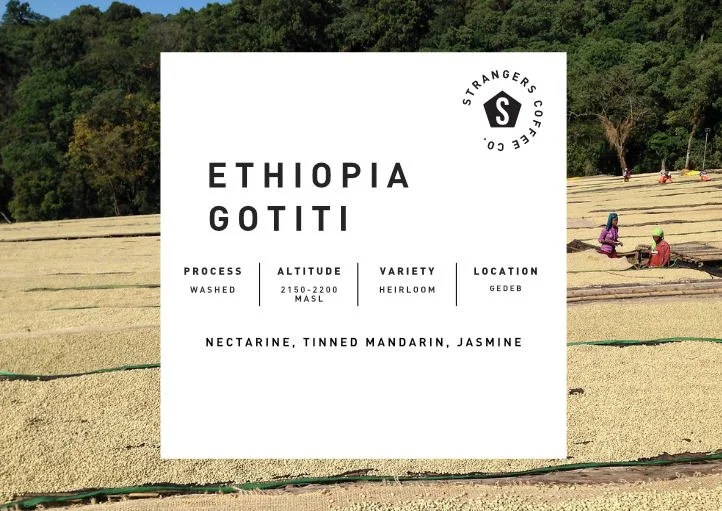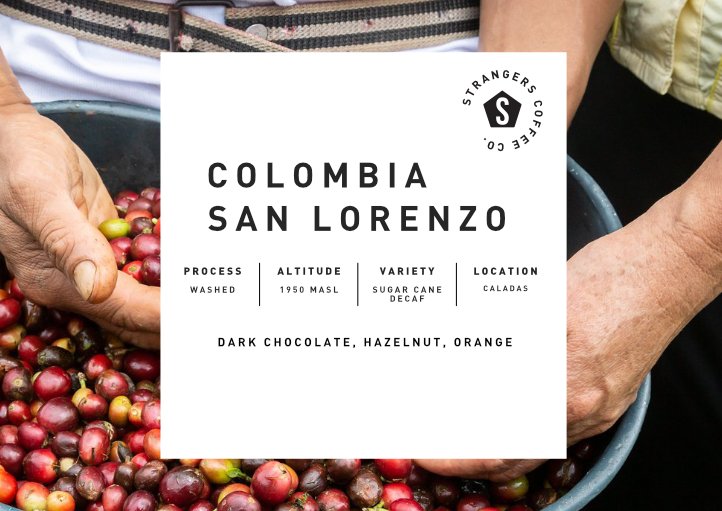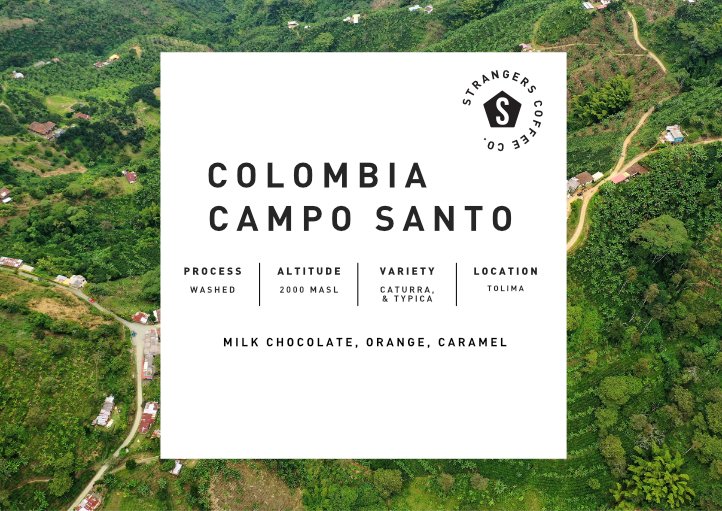Ethiopia Gedeb Slow Dry



Ethiopia Gedeb Slow Dry
NEW: Mandarin / Parama Violets / Wine Gums
ALTITUDE - 2100 MASL // REGION - GEDEB YIRGACHEFFE // PROCESS - SLOW DRY FERMENTATION // VARIETY - HEIRLOOM
Ethiopia Gedeb Slow Dry 100% Arabica Speciality Grade Coffee
Origin & Harvest Seasons in Ethiopia
Ethiopia’s coffee production is shaped by three key seasonal phases
Bega (October–January): The long dry season, vital for coffee harvesting and post-harvest processing.
Belg (February–May): The first rainy season, triggering coffee flowering and early cherry development.
Krempt (June–September): Heavy eastern rains promote the final ripening of coffee cherries.
As rains stop abruptly in late September, cherries ripen fully, marking the start of the main coffee harvest season in November.
About Ephtah Speciality Coffee
Ephtah Speciality Coffee is a sustainable, Ethiopia-based exporter focused on building transparent, ethical supply chains that benefit:
Farmers
Local communities
International roasters
The company actively supports women in coffee, recognising their essential role in both farming and leadership. Every shipment is managed with precision, ensuring premium green coffee beans that meet the highest quality standards.
Lalesa Washing Station – Gedeb, Ethiopia
Located in Gedeb, a region of over 300,000 people, the Lalesa Washing Station is a central hub for processing Ephtah’s coffee. The station is situated near the Siqe River, bordering Gedeo, Guji, and Oromia.
Local language: Gedeo (Gedeoiniya)
Staple food: Enset (false banana)
Key cultural event: New Year Festival – 18 January
Coffee Processing – Slow Dry Method
At Lalesa, only the ripest red cherries are purchased directly from surrounding farmers. Processing includes:
Floatation: Cherries are floated to remove defects and underdeveloped beans (quakers).
Slow Drying: Beans are sun-dried on raised African beds under a special greenhouse roof for 20–25 days, allowing gradual moisture loss.
Hand Sorting: Once dried, green beans are hand-sorted by local women to remove defects and ensure consistent quality.
This slow dry processing method enhances cup complexity and sweetness.
Export Journey – From Ethiopia to the World
Once dried and sorted, the coffee is stored at Moplaco in Gerji, Addis Ababa, before being transported by rail to Djibouti for international export. This streamlined supply chain ensures freshness and traceability from farm to port.
Social & Environmental Responsibility
Ephtah invests in the community and environment through several initiatives:
Initial and second payments to farmers, plus quality-based premiums
Support for school fees and family essentials
Ama Commitment Programme: Long-term support for farming communities
Planned Improvements:
Construction of a new water tank for floatation
Expansion of drying beds
Cultivation of supporting crops to enhance local food security










